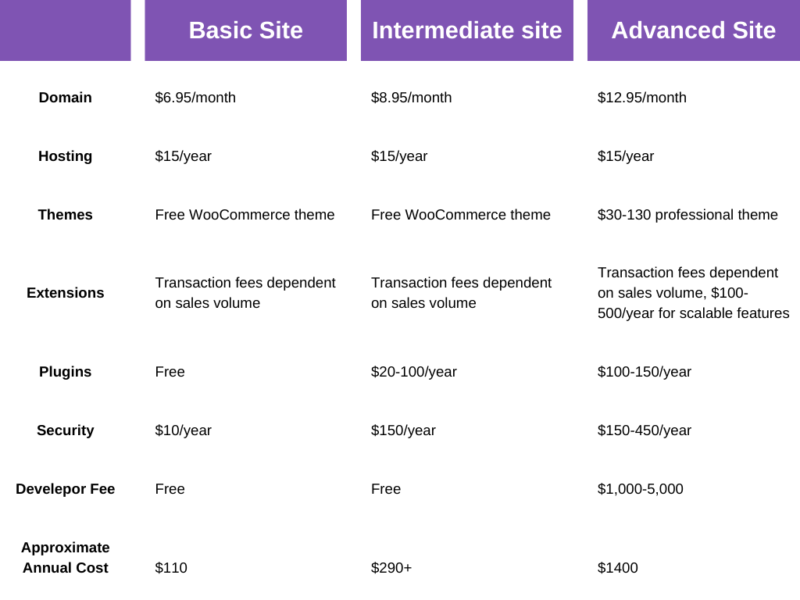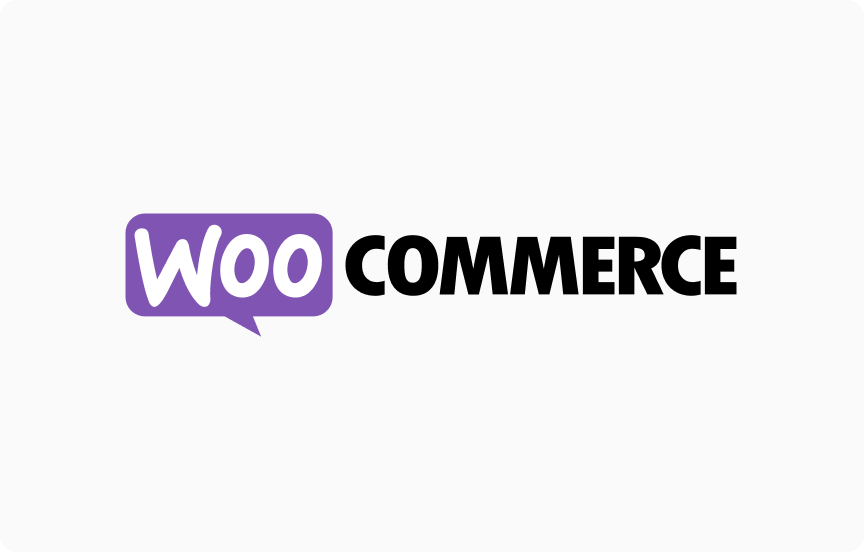WooCommerce Review:
Welcome to our review of WooCommerce, a popular open-source e-commerce plugin for WordPress. This platform is a top choice for businesses and individuals looking to turn their WordPress sites into fully functioning online stores. WooCommerce combines flexibility with powerful features, enabling users to sell anything from physical goods to digital downloads and services. This review will cover the essential aspects of WooCommerce, including its features, pros and cons, user experience, pricing, and the support ecosystem surrounding it.
Table of Contents
WooCommerce Features
WooCommerce is known for its extensive feature set that caters to both beginners and experienced e-commerce professionals. Key features include the ability to create a customized store with products of various types and configurations, such as single items, bundles, and subscriptions. The platform supports multiple payment gateways out of the box, including PayPal, Stripe, and credit cards, along with options for integrating additional gateways. WooCommerce also offers comprehensive inventory management, tax calculation, and shipping options that can be extended with numerous plugins from the extensive WooCommerce marketplace. Furthermore, being SEO-friendly, it allows for optimization of product pages for search engines right from the dashboard.
WooCommerce Key Features
- WordPress Integration: WooCommerce seamlessly integrates with WordPress, giving users the advantage of using a familiar platform while adding comprehensive e-commerce functionalities. This integration allows for the management of both website content and e-commerce operations from a single platform.
- Customizability: Being open-source, WooCommerce offers extensive customization capabilities. Users can modify the source code to tailor the store to their specific needs and preferences. Additionally, there are thousands of themes and plugins available that enhance and extend the functionality of a WooCommerce store.
- Product Management: WooCommerce provides powerful tools for managing an inventory, including the ability to handle physical, digital, and virtual products. It supports unlimited products and product variations (like size and color), and includes options for managing stock levels.
- Payment Gateways: The platform supports a variety of payment gateways, both built-in options like PayPal, Stripe, and bank transfers, as well as additional options through extensions. This flexibility allows businesses to offer multiple payment methods to their customers.
- Shipping Options: WooCommerce enables comprehensive shipping settings, including the ability to define shipping rates, integration with various couriers, and support for international shipments. Users can set up flat shipping rates, free shipping, or real-time calculations.
- SEO and Marketing Tools: Since WooCommerce runs on WordPress, it benefits from WordPress’s strong SEO capabilities. Additionally, WooCommerce itself offers various marketing tools, including discount codes, usage restrictions, and promotional campaigns.
- Analytics and Reporting: WooCommerce includes built-in analytics and reporting tools that provide insights into sales, customer statistics, and inventory levels. Users can track their store’s performance directly from the WordPress dashboard.
- Security: While WooCommerce provides basic security features, the overall security of the online store depends on the hosting environment, additional plugins, and regular updates maintained by the site administrator.
- Community and Support: WooCommerce benefits from a large and active community of developers and users who continuously contribute to the platform. There is also a wealth of documentation, forums, blogs, and third-party resources available to help users navigate and maximize the platform.

WooCommerce Pros & Cons
Pros:
- Customizability: Thanks to its open-source nature, WooCommerce offers endless customization options. Users can modify every aspect of their store to fit their brand and customer needs.
- Integration with WordPress: Seamless integration with WordPress makes it a great choice for those who are already familiar with the WordPress ecosystem.
- Large Community: A strong community of developers and users contributes to a vast selection of themes and plugins, enhancing the functionality of any store.
Cons:
- Complexity: The high level of customization can be overwhelming for beginners. The more complex your needs, the more likely you’ll need technical knowledge or a developer to achieve your goals.
- Maintenance: Being self-hosted, maintaining a WooCommerce site (updates, security, backups) can be more demanding compared to hosted platforms.
- Scalability: While scalable, high levels of traffic and sales volume require significant optimization and potentially costly hosting solutions.
User Experience
From my personal experience, setting up a store with WooCommerce is relatively straightforward, especially if you are already comfortable with WordPress. The integration feels natural, and managing products is intuitive. However, diving into deeper customization and adding certain functionalities can require a bit of a learning curve or technical assistance. The platform’s flexibility is its biggest asset, but this can also be a challenge without the right technical skills or adequate plugins.
WooCommerce Pricing
WooCommerce itself is a free plugin, but running a store will often incur other costs. These include hosting, domain registration, and any additional plugins or themes you might need. Premium plugins for advanced functionalities like bookings, memberships, and subscriptions are typically paid, and costs can add up. Hosting varies widely but needs to be robust enough to handle an e-commerce environment, which can increase the overall expense. The initial low cost of entry is attractive, but it’s important to budget for these additional ongoing costs.

Community and Customer Support
WooCommerce benefits from a large, active community that provides a wealth of resources, including forums, blogs, and tutorials, which can be invaluable for troubleshooting and learning how to use the platform effectively. While WooCommerce doesn’t offer official support for the free version of the plugin, many issues can be resolved through community support or paid WooCommerce support plans. Additionally, many third-party companies and developers specialize in WooCommerce, offering customized help for any issues you might face. This robust community and ecosystem of developers make WooCommerce a platform with extensive support options, though it can vary in accessibility and cost.
Integration and Compatibility
WooCommerce is renowned for its excellent integration and compatibility capabilities, particularly due to its foundation within the WordPress ecosystem. This allows users to seamlessly incorporate a wide range of WordPress plugins and themes, ensuring that the store can be both functional and aesthetically pleasing. Furthermore, WooCommerce can connect with numerous external services and applications including payment gateways like PayPal, Stripe, and Square, which facilitates a variety of payment options globally. It also supports integrations with marketing tools, CRM systems, accounting software, and shipping services, which enhance the store’s operations and efficiency.
Through its REST API, developers can create custom integrations, allowing for even more tailored functionalities to meet specific business needs. This flexibility makes WooCommerce a highly adaptable platform that can grow and evolve with your business.

WooCommerce Target Audience
- Small to Medium-Sized Businesses: These entities find WooCommerce appealing due to its flexibility, scalability, and integration with WordPress, allowing them to expand their online operations as needed.
- Bloggers and Content Creators: Individuals who already use WordPress for blogging or content creation and wish to monetize their sites through the sale of merchandise, digital products, or services.
- Startups: New businesses looking for a cost-effective, scalable way to launch their online store can benefit from WooCommerce’s extensive features and large range of extensions.
- Niche Product Sellers: Merchants focused on specific markets such as handmade goods, specialized crafts, or unique digital products often choose WooCommerce for its ability to tailor shop functionalities to their precise product offerings.
- Developers and Web Designers: These professionals prefer WooCommerce for its open-source nature, which allows full customization and control over client websites, providing a tailored user experience and backend functionalities.
- Established Retailers Wanting Online Expansion: Traditional brick-and-mortar stores looking to expand their sales into the online realm appreciate WooCommerce for its ability to integrate with existing WordPress websites and manage comprehensive product inventories.
- Dropshippers: WooCommerce supports dropshipping businesses through specialized extensions and plugins that manage inventory and shipping without needing to stock physical products.
- Subscription-Based Services: Companies that offer subscriptions for products or services use WooCommerce for its ability to manage recurring payments and customer subscriptions effectively.
Final Thoughts
WooCommerce stands as a powerful and versatile e-commerce solution that integrates seamlessly with WordPress, offering users an extensive range of features and customization options. Its ability to cater to a diverse array of business types—from small startups to large enterprises—makes it an appealing choice for anyone looking to launch or expand an online store. The platform’s robust integration capabilities allow for a highly tailored user experience, ensuring that both newcomers and experienced developers can effectively adapt WooCommerce to meet specific needs.
While the platform itself is free, potential users should be mindful of the associated costs for hosting, premium plugins, and themes that may be necessary to enhance the store’s functionality. Despite these costs, the investment in WooCommerce is often justified by its expansive flexibility and the strong community support, which provides valuable resources and troubleshooting assistance.
For businesses that are already familiar with WordPress, or for those requiring detailed customization capabilities, WooCommerce offers a compelling solution that combines ease of use with powerful e-commerce functionalities. It remains a top choice for anyone seeking to create a personalized and effective online shopping experience.





